In poverty reduction, capital support, livelihood creation or job connection are only “hard” solutions. The important and decisive factor lies in the “soft key”: communication - making people understand the policy clearly, correctly identify the shortage, and thereby proactively overcome it.
In Song Tri ward, this approach is creating clear changes, especially in the context of a newly formed ward from the merger of many administrative units, where the living standards and awareness of residents are uneven.
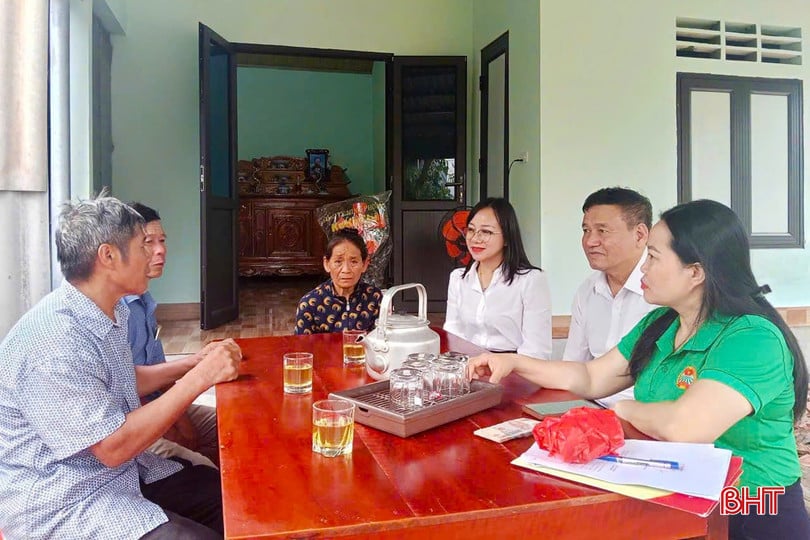
In Song Tri ward, success in poverty reduction also comes from a team of dedicated grassroots cadres who understand the area.
According to the report, in 2025, the whole ward currently has 104 poor households, accounting for 1.14%; the number of near-poor households decreased from 212 to 201 households, a decrease of 0.13% compared to the previous year. The decrease is not large in number, but reflects a positive shift at the household level: many households have understood the criteria correctly, voluntarily asked to be removed from the list to give opportunities to people in more difficult circumstances.
Immediately after merging and operating the two-level government, Song Tri ward innovated its communication methods towards being closer to the people, clear and dialogic. In residential groups, the community Zalo group became the fastest channel to update policies: people's meeting schedules, poverty screening criteria, loan instructions, recruitment information in Vung Ang Economic Zone... In addition, the front force, women's union, and youth union directly went to each household to analyze each specific shortage: lack of stable employment, lack of health insurance, lack of vocational skills, lack of access to basic services...
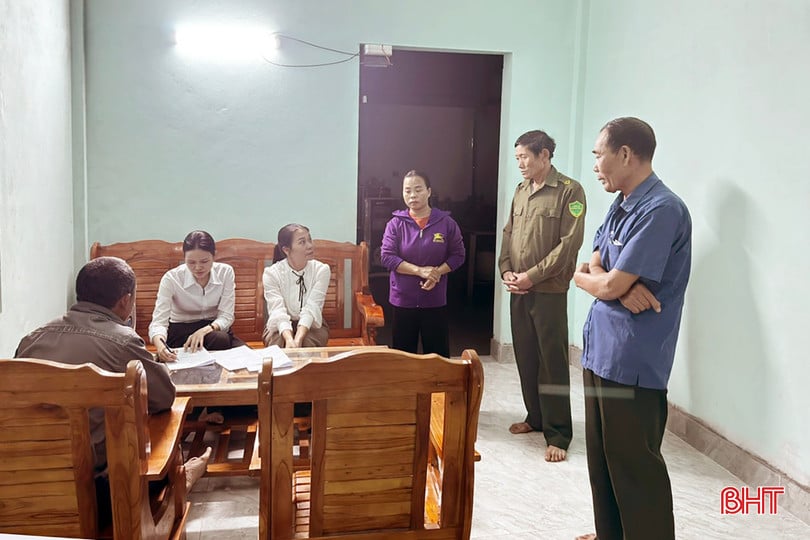
Song Tri Ward re-inspected poor and near-poor households in 2025.
Mr. Nguyen Quang Tuan - Head of Ward 2, shared: “Previously, people only knew they were poor but did not know why. We went to each house and pointed out that this household lacked health insurance, that household lacked a job, another household lacked a sustainable income. Once they understood, the people were very cooperative, even proactively suggesting directions to strive for. Publicity and transparency made people feel secure and confident in the ward's way of doing things...”.
The spirit of “speaking clearly, speaking honestly, and discussing openly” is a highlight of the 2025 review. Each list of poor and near-poor households is made public at the people’s meeting, with a unified record and community supervision. Thanks to that, the ward’s review work was assessed by the inspection team as following the correct procedures and target groups, not letting in or missing any cases that need support.
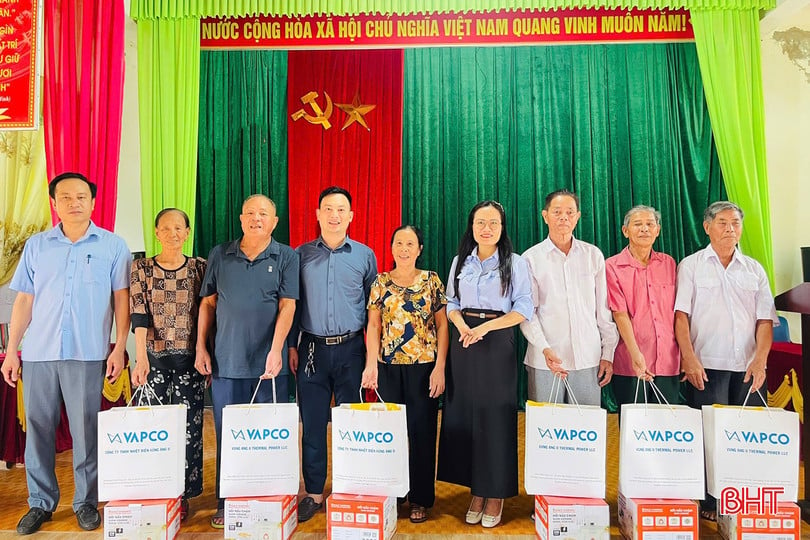
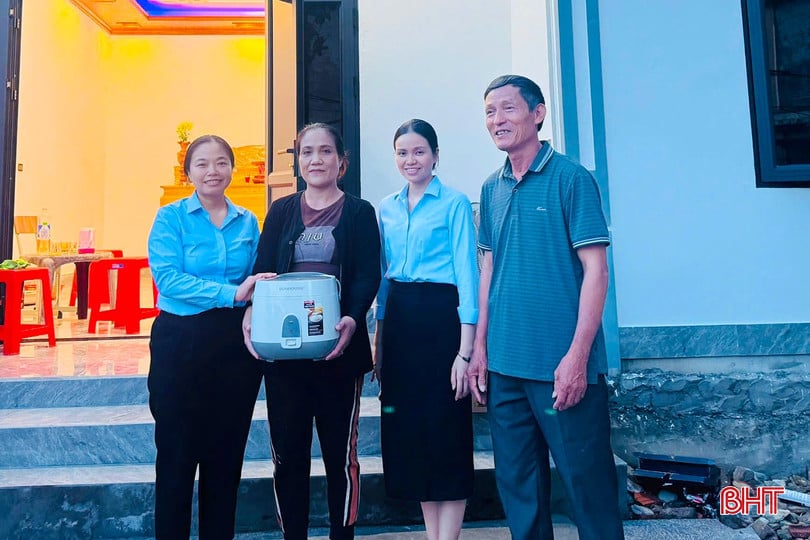
The entire ward political system always accompanies disadvantaged households.
The communication of Song Tri ward does not stop at providing information, but also connects with livelihoods and clear job opportunities. When businesses in Vung Ang Economic Zone recruit, the information is immediately broadcast on loudspeakers, sent to Zalo groups; the residential group cadres come to mobilize households with idle workers to register. Small livelihood models such as: opening grocery stores, repairing civil electricity, small businesses, raising livestock are introduced in meetings to spread the spirit of self-reliance.
Ms. Tran Thi Nghia, an officer in charge of poverty reduction in Song Tri ward, said: “Communication on poverty reduction in the locality is based on dialogue, not slogans. Analyzing specific cases, setting examples of real people and real events helps people believe and follow. In 2025, the rate of near-poor households decreased by 11 households, which is a direct result of the change in awareness...”.
In Song Tri ward, the success of the “soft key” also comes from a team of dedicated grassroots cadres who understand the area. The head of the women’s association, the head of the loan group, the head of the front work committee… all play the role of “soft bridges” to help the policy come into life. They do not hesitate to go to each alley, call each name, and regularly discuss to monitor the level of shortage of each household, thereby agreeing on appropriate support directions.
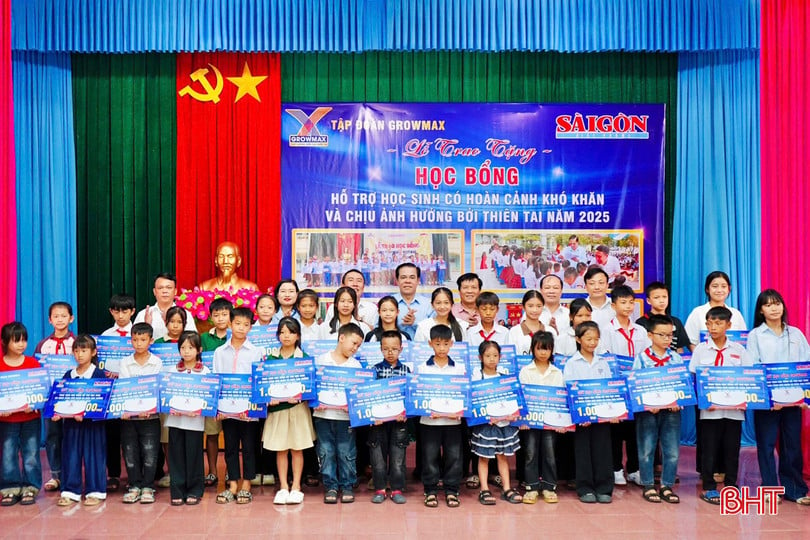
Song Tri Ward regularly connects with businesses inside and outside the province to increase resources to support people in difficult circumstances.
Ms. Doan Thi My - Vice Chairwoman of the Ward People's Committee, emphasized: "We are determined not to let people be confused about the policy. Poor households must know what they lack, why they lack it and what they need to do to escape poverty. Publicity, transparency, and targeting the right subjects are the principles throughout. In the coming time, the ward will continue to improve the quality of communication, strengthen community supervision, and link poverty screening with vocational training, employment, and social security..."
The changes in the rate of poor and near-poor households in 2025, although not groundbreaking, reflect the true nature: sustainable poverty reduction is a long journey, requiring changes from awareness to action. And in Song Tri, that change is being made every day, with a soft but effective, convincing but close approach, true to the nature of the “soft key” in poverty reduction.
Source: https://baohatinh.vn/chia-khoa-mem-trong-cong-tac-giam-ngheo-o-phuong-song-tri-post299812.html








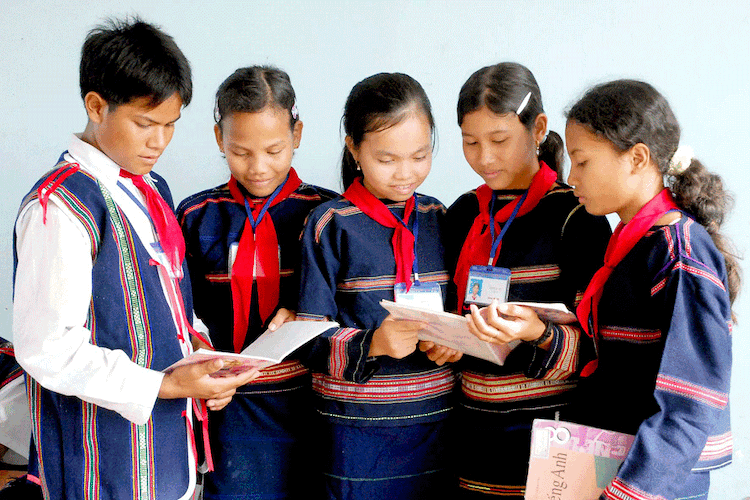

![Mastering knowledge to reduce poverty: [Lesson 4] Sugarcane returns to its glory](https://vphoto.vietnam.vn/thumb/402x226/vietnam/resource/IMAGE/2025/11/20/1763624025458_a08a777e324ebe10e75f-113252_188-143111.jpeg)

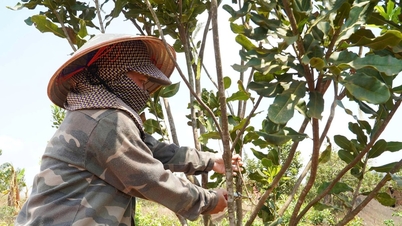

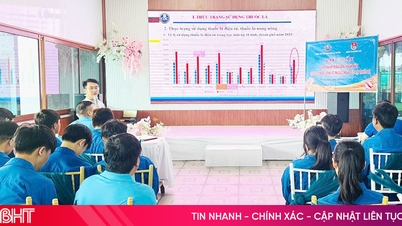
![Mastering knowledge to reduce poverty: [Lesson 3] Living healthy with dragon fruit](https://vphoto.vietnam.vn/thumb/402x226/vietnam/resource/IMAGE/2025/11/18/1763433780787_dsc09493-065032_269-094015.jpeg)

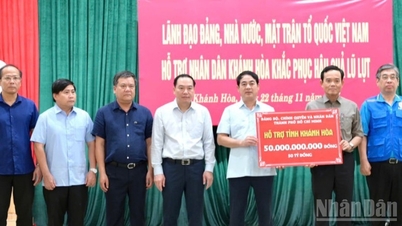

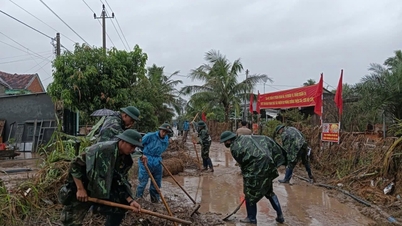

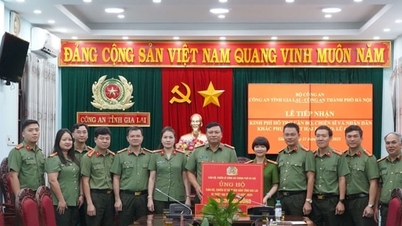

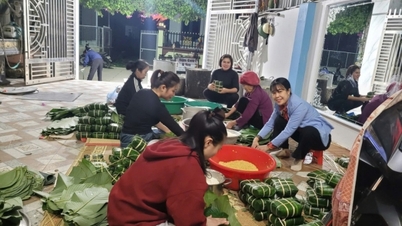


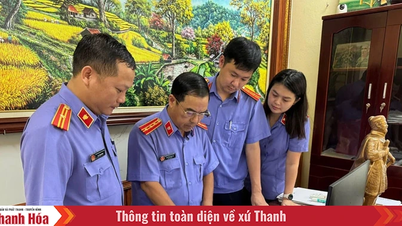







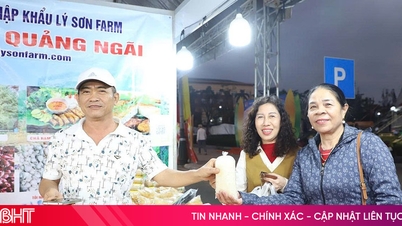






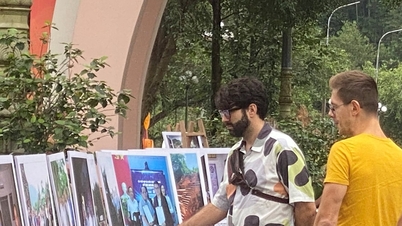

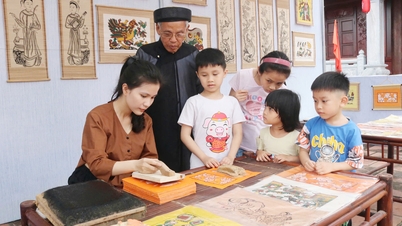

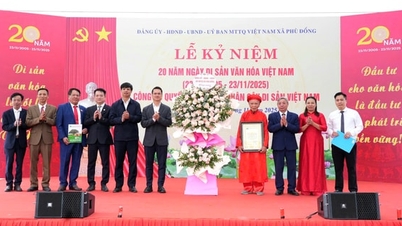



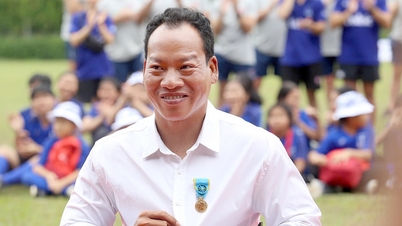

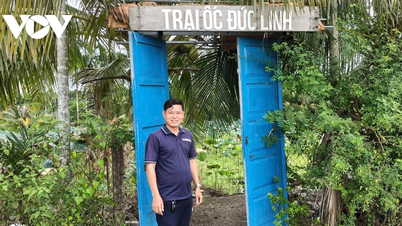

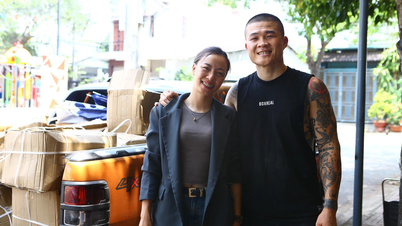

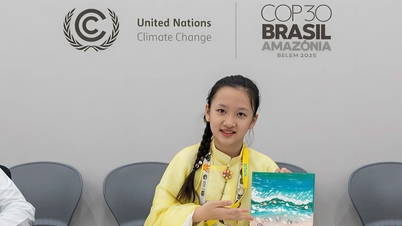





















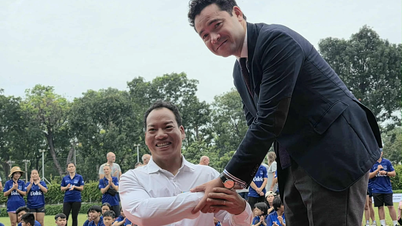



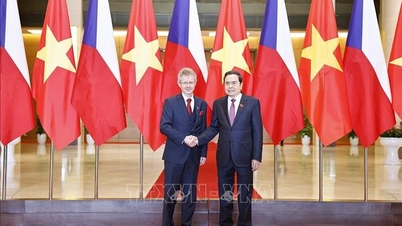

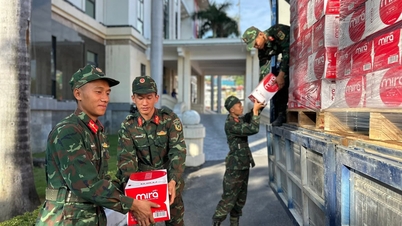
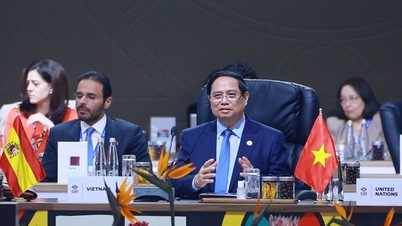

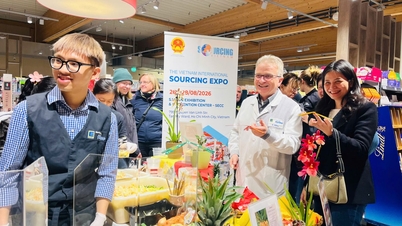



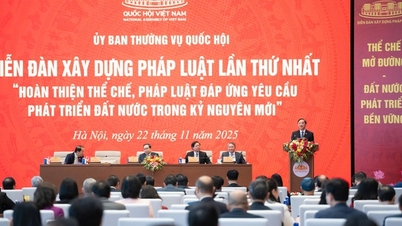

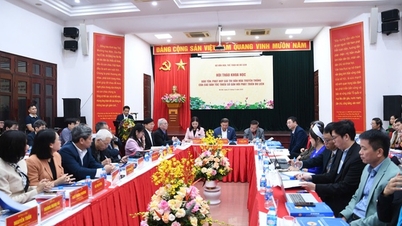
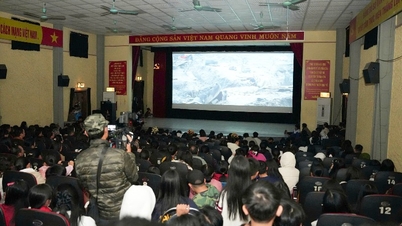


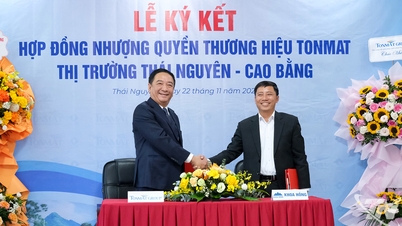



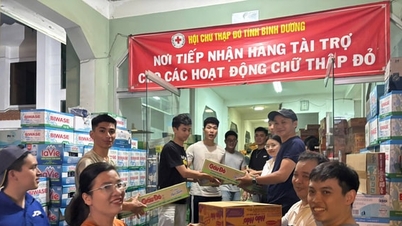









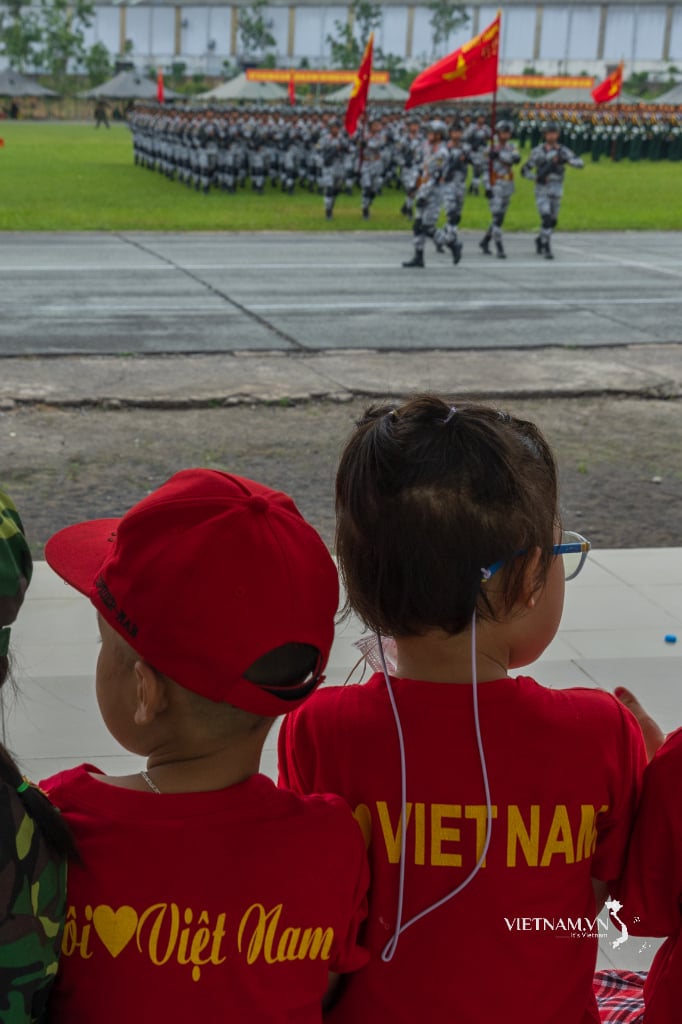

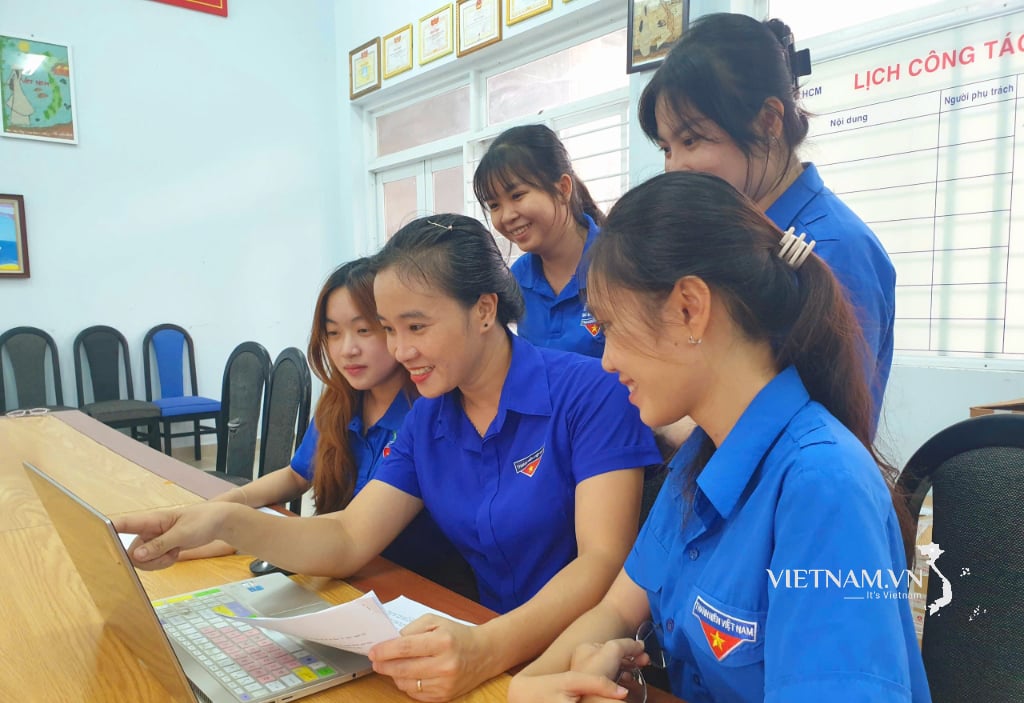

Comment (0)